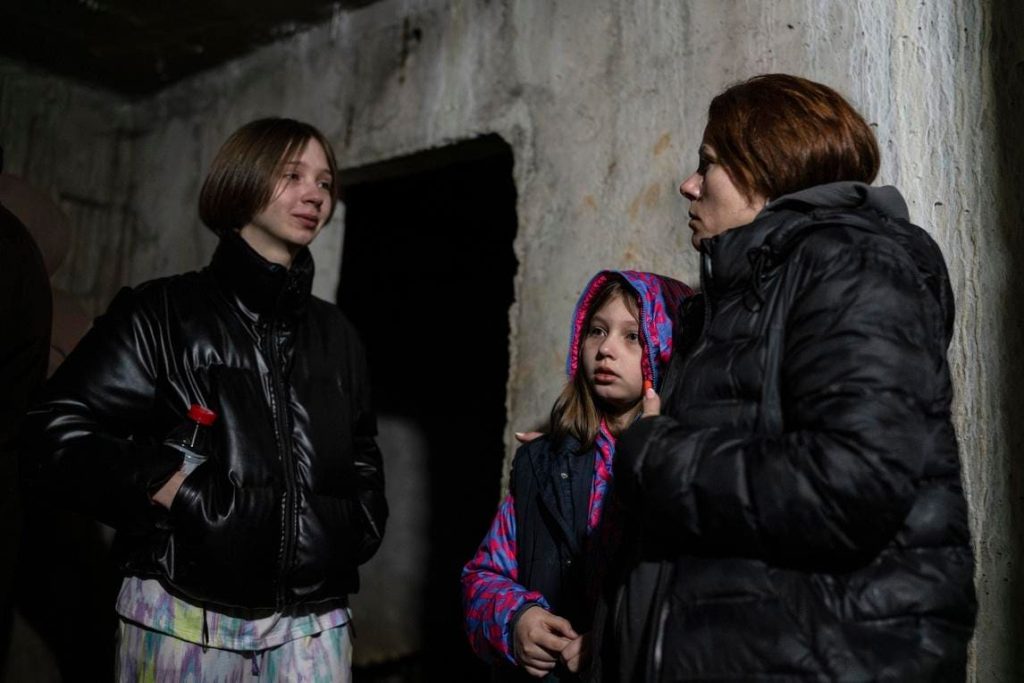Seven people were killed in Russia’s attacks on Ukraine’s northeastern city of Kharkiv, with at least 10 civilians injured and multiple buildings damaged. The Kremlin targeted the city with S-300 missiles, causing destruction to various areas including a local shop, a gas station, and administrative buildings. The tactic of double attacks was used, with drones flying over emergency responders after the initial strike, leading to further casualties and chaos in the city. Mayor Igor Terekhov condemned Russia as a terrorist state for targeting civilians in Kharkiv.
In another incident, Russia carried out a double attack in the southeastern front-line city of Zaporizhzhia, where four civilians were killed and 23 others were wounded, including a 9-year-old child. Journalists and first responders were caught in the second wave of attacks, highlighting Russia’s disregard for humanitarian principles. A reporter for Ukraine’s state news agency was among the injured in the Zaporizhzhia attack, further emphasizing the risks faced by journalists covering the conflict. United States ambassador to Ukraine Bridget Brink condemned Russia’s actions and its deliberate strategy of targeting first responders and journalists.
Lithuania announced plans to provide Ukraine with three thousand drones worth over 15 million euros to enhance their defense capabilities. Additionally, Lithuania will allocate 15 million euros for rehabilitation programs for Ukrainian soldiers and veterans in various cities. Lithuanian leaders reaffirmed their support for Ukraine’s EU membership aspirations and called for more aggressive economic and political sanctions against Russia and Belarus, the aggressor states in the conflict. This support aims to bolster Ukraine’s position and deter further aggression from Russia and its allies.
In the realm of culture, a joint Ukraine-Canada documentary titled “Us, our Pets, and War” became the highest-grossing Ukrainian documentary in theaters, with over 13 thousand viewers and earnings of 2.3 million hryvnas in just three days. The film, created by Anton Ptushkin and producer Zoia Soshenko, explores the impact of Russia’s invasion on the lives of both humans and animals. It depicts the struggles faced by pets during times of conflict, from experiencing fear during bombings to facing starvation in deserted shelters. The filmmakers aim to raise awareness internationally by distributing the film under the title “Saving the Animals of Ukraine” and showcasing the harsh realities faced by animals in war-affected areas.
Overall, the ongoing conflict in Ukraine continues to result in civilian casualties and destruction, with Russia’s aggressive tactics drawing condemnation from the international community. Efforts are being made to provide support to Ukraine, including through military aid and rehabilitation programs for soldiers and veterans. In the cultural sphere, documentaries such as “Us, our Pets, and War” shed light on the human and animal suffering caused by the conflict, aiming to raise awareness and garner support for Ukraine on a global scale. The situation remains complex and challenging, with the need for continued international pressure on Russia to de-escalate the conflict and respect Ukraine’s sovereignty.


